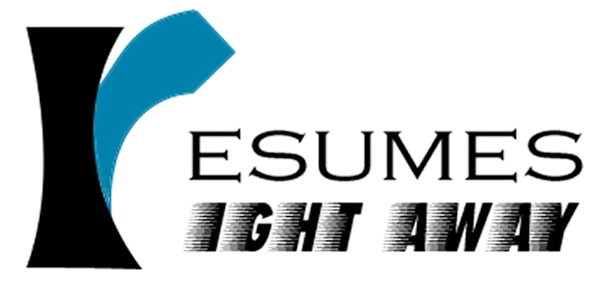Has an employer ever asked you for a list of references? Were you prepared? Did you notify your references in advance? Did you provide favorable and verifiable professional references? If you answered “no” to any of these questions, you may need a quick refresher on the proper etiquette of providing job references to potential employers.
As both a seasoned hiring manager and recruiter, I have been privy to various blunders that job candidates make when providing references. Here are some of the most common:
The candidate fails to provide favorable and verifiable PROFESSIONAL references. These include contacts that can verify information on traits and characteristics of the job candidate, are available for comment, can mention the employee’s specific contributions to the workplace, and have favorable comments to make concerning his/her work history. Most recruiters don’t consider personal references favorable to their screening process.
Candidates provide recruiters with the number to Human Resources. What most candidates don’t realize is that a lot of HR departments have strong policies limiting the information they divulge to potential employers with the exception of verifying basic employment information. It’s best to provide a contact such as a former supervisor or client who can speak to the performance of the job candidate.
The applicant fails to make contact, obtain consent from, and notify their ideal references. It looks bad when a provided reference wasn’t expecting the call. It is always best for an applicant to notify a potential reference that they are seeking employment and mention their interest in using their name as a reference. In addition, ask what number they’d prefer to be reached at and what time would be best for the recruiter to make contact. This allows the referral to make some notes and prepare for the call as well as to avoid being surprised by the call when it’s received.
The applicant does not provide a quality amount of references. If the employer asks for three professional references, provide five. A recruiter’s position is to fill the position quickly and if he/she has to wait for a reference to return his/her call, it only delays the hiring process. Provide at least two more references to be proactive in the event that the initial references are not available when the recruiter tries to connect with them.
So what are the qualifications of a good reference? An ideal reference should be able to provide the following:
Share how long the candidate and referral have shared a professional relationship.
Provide specific information relating to the candidate’s traits, overall performance and how it compared to other employees, and detailed information on their impact on and contributions to the workplace.
Highlight any special qualifications that made the candidate stand out amongst peers and briefly summarize the candidate’s strengths.
The ideal reference should be someone who has evaluated the applicant either as a supervisor, manager, or client. This person should demonstrate a strong ability to communicate and articulate vivid details regarding the candidate’s professional characteristics. Peers generally do not make good references and neither do supervisors from fifteen years ago.
Should all references be previous supervisors or managers? Not necessarily. If the candidate is worried about getting a bad reference, it doesn’t hurt to call that supervisor and politely express his/her concern based on what may have happened on the job. Chances are the supervisor will be honest – either he/she will provide a positive reference or encourage the candidate to avoid using them as a reference. If the candidate does not trust the previous supervisor to provide a positive or neutral reference, then avoid that person all together.
In lieu of using a previous supervisor as a reference, the applicant can potentially use another department or division manager as a strong reference. A lot of times department managers call on other departments to help resolve problems. How often did this candidate come to the rescue? What was their impact? Or… was the candidate part of a project team? What was his/her impact on the overall project, timeline, and team?
There are also plenty of cases where overachievers and strong performers in the workplace lack the support of their direct supervisors, creating an unpleasant work environment, not necessarily being the fault of the applicant. In this case, avoid using this type of supervisor as a reference. If he/she didn’t demonstrate support on the job, chances are he/she won’t change their behavior as a reference.
So how should a candidate go about providing references to a potential employer?
Contact and confirm potential references before applying for employment. Follow the recommended criteria for selecting ideal referrals, get their preferred contact information, professional title as it was when working with them, a brief explanation of the relationship with the reference, how long the candidate knew each reference, and correct spelling of their names.
Bring a printout of these references to the potential employer either when conducting an initial introduction, job fair, or to a scheduled interview. Ensure candidate’s name and contact information is also on the document in case it gets misplaced by the recruiter.
Avoid placing references on a resume. This should be a separate document. There are plenty of templates online for guidance on formatting and structure.

